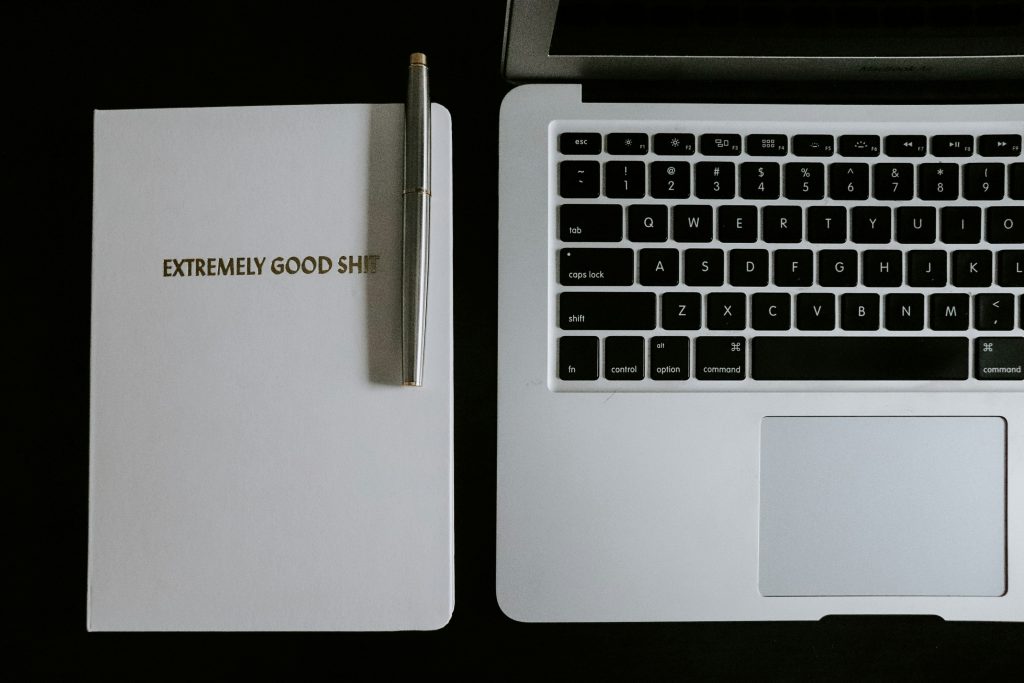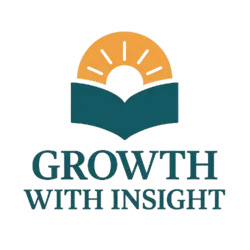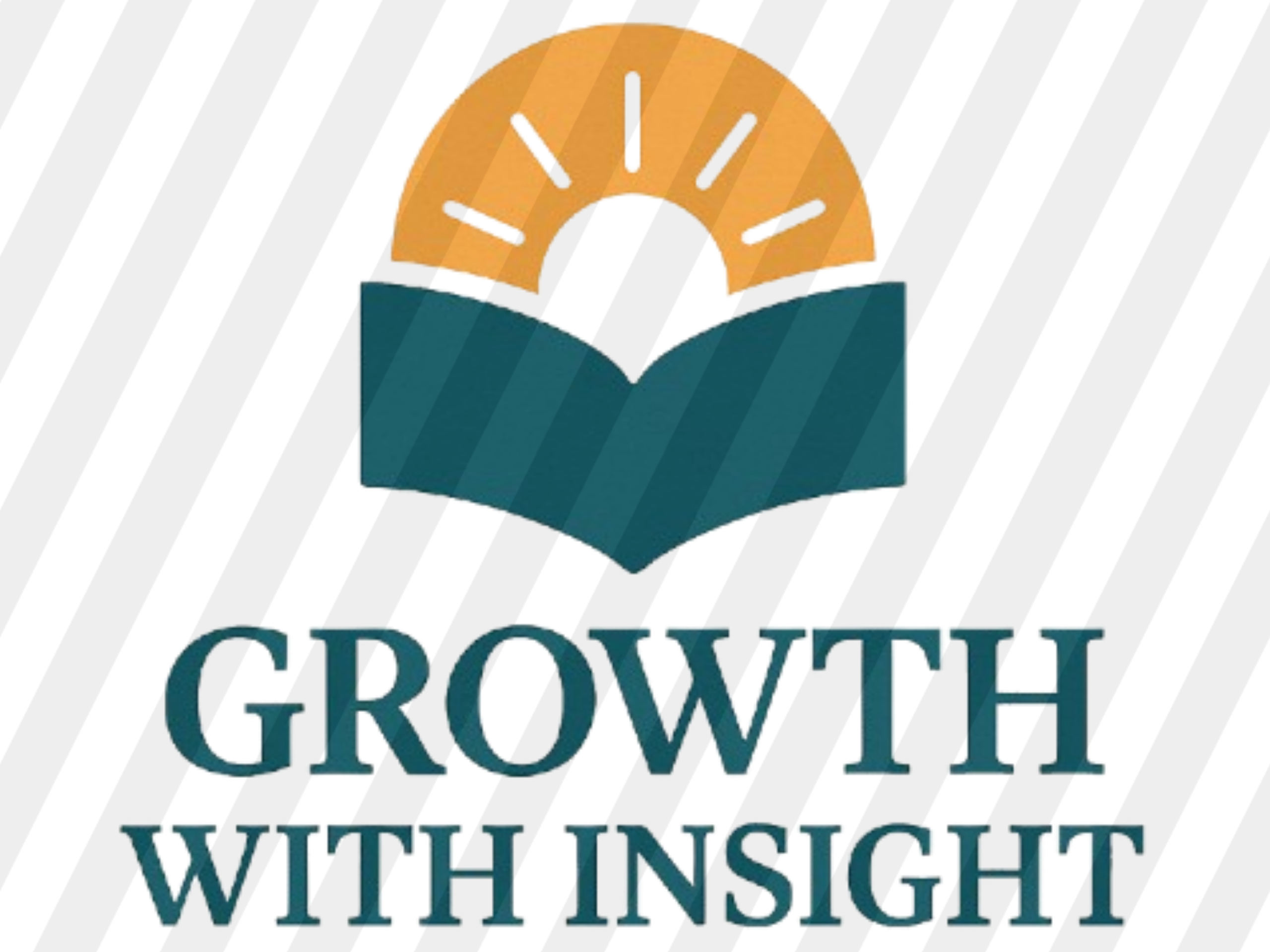
Electronic Vs Paper Journaling: Which is best for you?
Journaling is a key behavior in boosting productivity as it helps boost self awareness and mental clarity. This in return clears our minds and organises our thoughts and ideas.
Table Of Content
- 1. Privacy and Safety
- (i) Security
- (ii) Back-Up
- (iii) Vulnerability
- 2. Literature and Creativity: The Art of Journaling
- (i) Personal touch
- (ii) Flexibility
- (iii) Multimedia Integration
- 3. Accessibility, Cost and Sustainability
- (i) Accessibilty
- (ii) Cost
- (iii) Sustainability
- Other Points
- The Hybrid Journaling Approach
- Conclusion
There are two major modes of Journaling, Paper and Electronic Journaling. Digital Journaling involves the use of applications designed for electronics like laptops, iPads, phones, smart watches, among others. Some of the most popular journals are Notion, Fair Note, and Day One. Paper journaling involves the use of traditional paper in notebooks, diaries, and journals. The most popular journal producers are;
The choice of journaling you make depends on many factors and must align with yourself, not band wagon decisions. This comes back down to your goals, lifestyle and work. For example, a paper journal would be more convinvet at work places where no phones are allowed during shifts. Even though digital journals may seem more accessible. Its not an option for a person who wants to jornal simple moments at a time.
In this article, we are going to compare and contrast the two forms of journaling and by the end you should be able to start journaling immediately.
1. Privacy and Safety

Since journals are mainly made for privacy, we are going to first compare how safe the two modes are.
(i) Security
Electronic Gadgets can be encrypted using passwords and two-factor authentications; for example Notion and Fair Note. On the other hand, paper journals maynot have passwords but they cannott be traced online. If you keep the journal safely, it can be safe.
(ii) Back-Up
Most electronic journals make it easy for a one-time click backup as most of them have access to online cloud storage like Google Drive, Drop Box, Mega and apple storage. Paper journals cannot be backed up ectronically. You have to re-write or scan the papers to back up.
(iii) Vulnerability
Paper journals are more liable to damage as they can be stolen or get destroyed in fire and water or even get lost. On the other hand, electronic journals are safer since they allow online back-up making it hard to lose the data. These digital journals are vulnerable to cyber attacks since they utilize cloud storage; but this is at a lower rate due to the advancement in cyber security mechanisms.
2. Literature and Creativity: The Art of Journaling

(i) Personal touch
If you are an individual who wants to bond while journaling, then papaer journaling is your way to go. Writing for oneself is meditative and gives a more satisfying personal touch to your story. It is also easier to memorise hand-written content. Physical writing is more emotional compared to Digital writing.
(ii) Flexibility
Electronic journaling is more flexible as it is easier to make changes like editing, deleting or adding. For paper, it is hard to make changes as a mistake means you either have to utilize white wash orcrross out the error which negatively affects the beauty of our work.
(iii) Multimedia Integration
Electronic Journals allow adding audio and videos, images, PDFs, stickers, and other multimedia. This helps better the input with a visual sensation. Some digital journals even capture in-app photos and audio notes unlike the physical journal which focuses more on written entries.
3. Accessibility, Cost and Sustainability
(i) Accessibilty
Digital Journals can be accessed from across many devices. This is because they allow syncing via cloud storage like google. For paper journals, they can only be accessed from where you stored them. If you have to make consistent entries, you have to move around with it which can be bulky sometimes.
Digital journals require internet access to operate and back up, even thugh some allow offline entries and let you back up when yu connect tpt the internet e.g Day One. Applications like daily bean cannot let you make entries when offline unlike their physical counterparts.
It is easier and faster to locate a specific portion of text in digital journals using the (Control + F ) Shortcut. For physical journals, you either have to manually index the pages for traceability or flip through them to find what you are looking for, which is more time consuming.
(ii) Cost
The costs associated with digital journals are access to premium features like day reports. This can go up to about 34.99 USD per year( for Day One Jouranlling App). The continuous costs associated with physical journals are notebooks and paper.
(iii) Sustainability
Electronic Journals are more eco-friendly compared to paper journals since there is no physical paper involved.
Other Points
- Preservation of physical paper fades if not stored properly. Paper gets yellow, and ink fades
- Physical journaling is more self-reflective and encourages a deeper sense of reflection.
The Hybrid Journaling Approach

As we have witnessed in the comparison, each journaling method has its strengths and weaknesses. The hybrid approach involves extracting strengths from each method and utilizing them to your advantage.
You can utilize the digital approach for taking quick notes throughout the day. You can also benefit from its cloud storage services, as your data will be safe. Then you can utilize paper journaling for deeper self reflection about the events that prompted the short digital notes. Then you can scan your physical copy and utilize the electronic journals for their back up features. This lets you own your data and in two formats hence improved security and access. Making the habit more attractive.
Conclusion
This article contains all the information you need to know before choosing a journal style that best fits you. It highlights the strengths and weaknesses of each model. Make a choice depending on the one that best suits your lifestyle, goals and knowledge. Which model do you think best fits your journaling needs: Paper, Digital, or Hybrid? Share your replies in the comment section below.





No Comment! Be the first one.